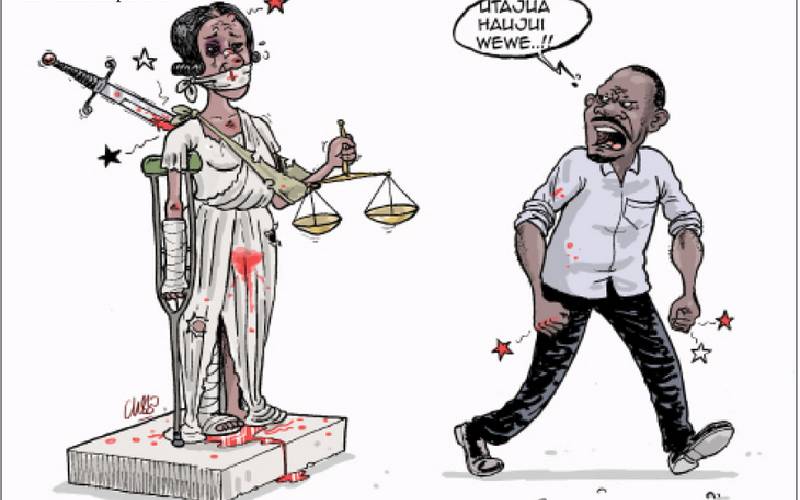×
The Standard e-Paper
Fearless, Trusted News

Seeking to unwind in a party after a long workday in her stressful role as a prison warder, Carol Chepchirchir went missing on a Wednesday night. Her lifeless body was found with multiple head and chest injuries, dumped like rubbish in a thicket in Subukia. The key suspect is one of Carol’s male colleagues.